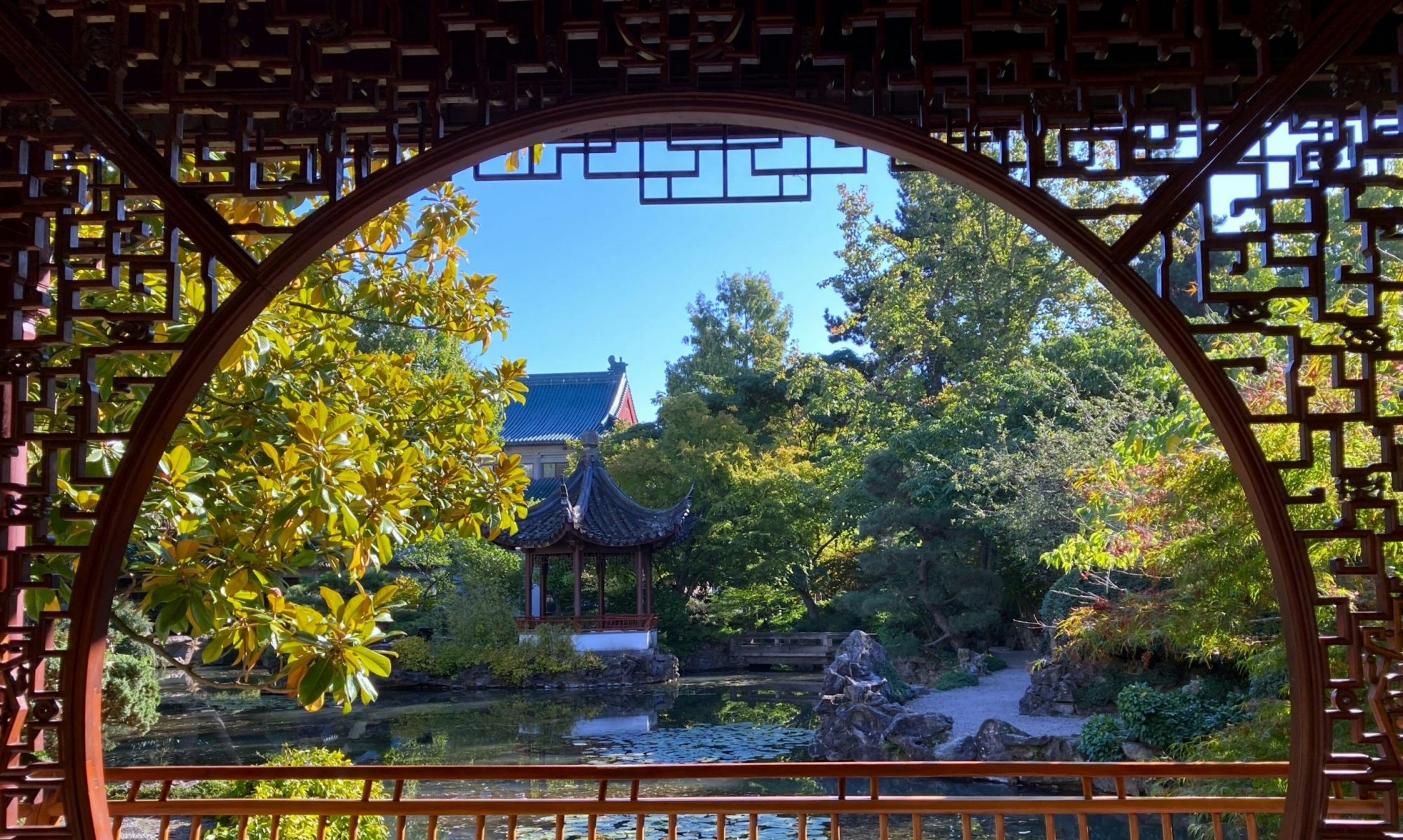On the Land
This work is conducted on ancestral, traditional, unceded and occupied Indigenous territories, including the territories of the hən̓q̓əmin̓əm̓ speaking xʷməθkʷəy̓əm (Musqueam), səl̓ílwətaʔɬ (Tsleil-Waututh), qiqéyt (Qayqayt), qʼʷa:n̓ƛʼən̓ (Kwantlen), kʷikʷəƛ̓əm (Kwikwetlem), sc̓əwaθən (Tsawwassen), q̓ic̓əy̓ (Katzie), and Sḵwx̱wú7mesh Sníchim speaking Sḵwx̱wú7mesh (Squamish) Nations.
This land was never surrendered, relinquished, or handed over by these nations to Canada or British Columbia through a treaty or other means. It is sovereign and unsurrendered.
On the Politics
We recognize that our discussions of equity, reciprocity, and community organizing cannot occur without the work of Indigenous resurgence and its contributions to the literature, advocacy, and practices surrounding these topics amidst the state’s historical and ongoing attempts to systematically erase and depoliticize Indigenous communities.
Particularly within academic spaces, and as the University of British Columbia is located on the traditional, unceded, and occupied territory of the xʷməθkʷəy̓əm (Musqueam) people, we must recognize that our ability conduct this work is part of the political and colonial project to dispossess the Indigenous peoples that have taken care of this land since time immemorial.
On the Work
Our work with ACAM 320J is inspired by a desire to teach Asian Canadian community organizing as a way to grow feminist, anti-racist, anti-imperial, and anti-colonial work in the university. Therefore, ACAM 320J has important resonances with the continuous work of Indigenous leaders and their communities to decolonize the academy, while existing in important tension with these struggles, given the ways that Asian migration and community-building can be used to entrench multiculturalism as a settler-colonial project.
As such, we recognize the responsibility that we carry as settlers to ensure that in advancing equitable community-engaged research practices, we not only advocate for Indigenous communities, but support and uplift Indigenous sovereignty and agency, in solidarity and alignment with principles of reciprocity and #LandBack.
